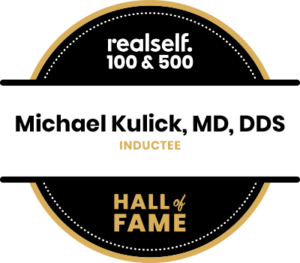Although millennials are often portrayed as self-absorbed and shallow, this generation of 18 to 35-year-olds can be viewed in a much more positive light. Creative, flexible and assertive, they know what they want and have left the need to conform to many of the established social norms far behind.
A case in point is their willingness to embrace cosmetic surgery. In 2015, a full 17.5 percent of all cosmetic procedures were performed on millennials.
What separates this generation from their baby boom and GenX counterparts?
Social media is perhaps the most obvious answer. Thanks to the Internet and the ubiquitous devices used to connect to it, young people can take stock of the numerous cosmetic procedure options that are available. They can also see how people ranging from celebrities to their own peers look after receiving plastic surgery and can even view real operations being conducted. This increased access to information has removed many of the misconceptions about cosmetic procedures as well as the shame that patients sometimes felt.
What types of operations are millennials undergoing?
When it comes to surgery, breast augmentation, liposuction and rhinoplasty top the list. It seems that after viewing the positive cosmetic effects that these procedures bring about in other patients, more and more young people are visualizing themselves under the expert care of a nose surgery doctor such as Dr. Kulick. The same is also true for non-invasive interventions such as body contouring procedures, Botox and skin fillers to make subtle but significant changes.
How are millennials doing their research?
Online research has also helped many millennials recognize that cosmetic interventions can be used to safely transform a disfigurement, improve an early sign of aging or correct a medical condition. For example, a nose surgery doctor can use rhinoplasty not only to straighten or modify a nose, but also to correct a deviated septum that has been interfering with a patient’s breathing for many years. A young woman who has been experiencing severe back pain due to her large breasts can now do research online and learn how breast reduction surgery can help her to improve her posture and remove several pounds of unwieldy weight.
Although many of us have mixed feelings about the omnipresence of technology and social media in our lives, one thing is sure: It has opened the lines of research and communication between millennials and medical professionals. It has empowered the individual to look for possible solutions for their concerns.
Thanks to this transparency, patients can learn about cosmetic interventions in the privacy of their own homes, discuss them with friends if they desire, frame their questions and come into their initial consultations with a very accurate idea of what they want and how a particular procedure can address their needs. Instead of showing narcissism and superficiality as critics might charge, these behaviors exemplify a generation that investigates, learns, discusses and comes to well-informed decisions.









